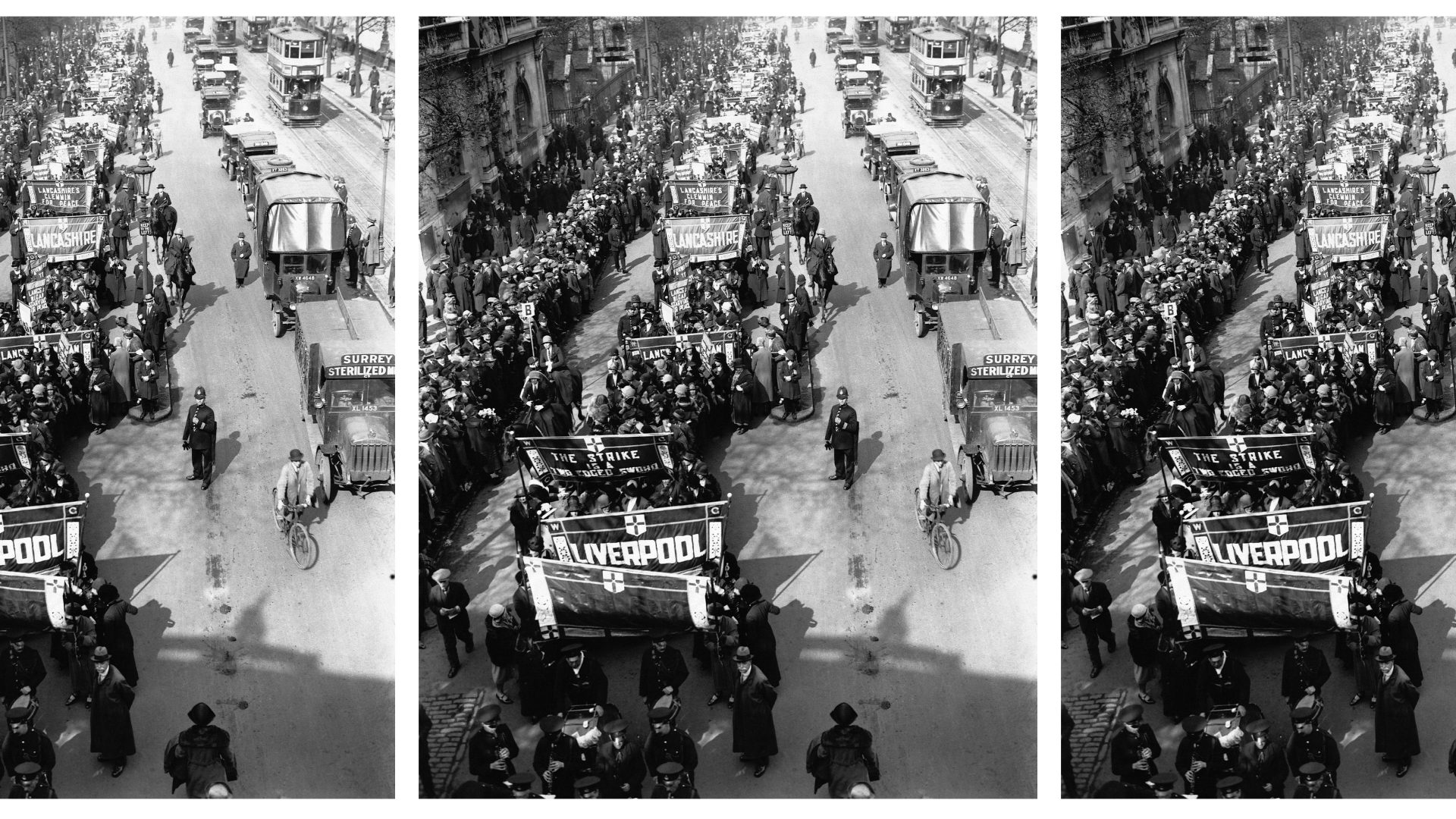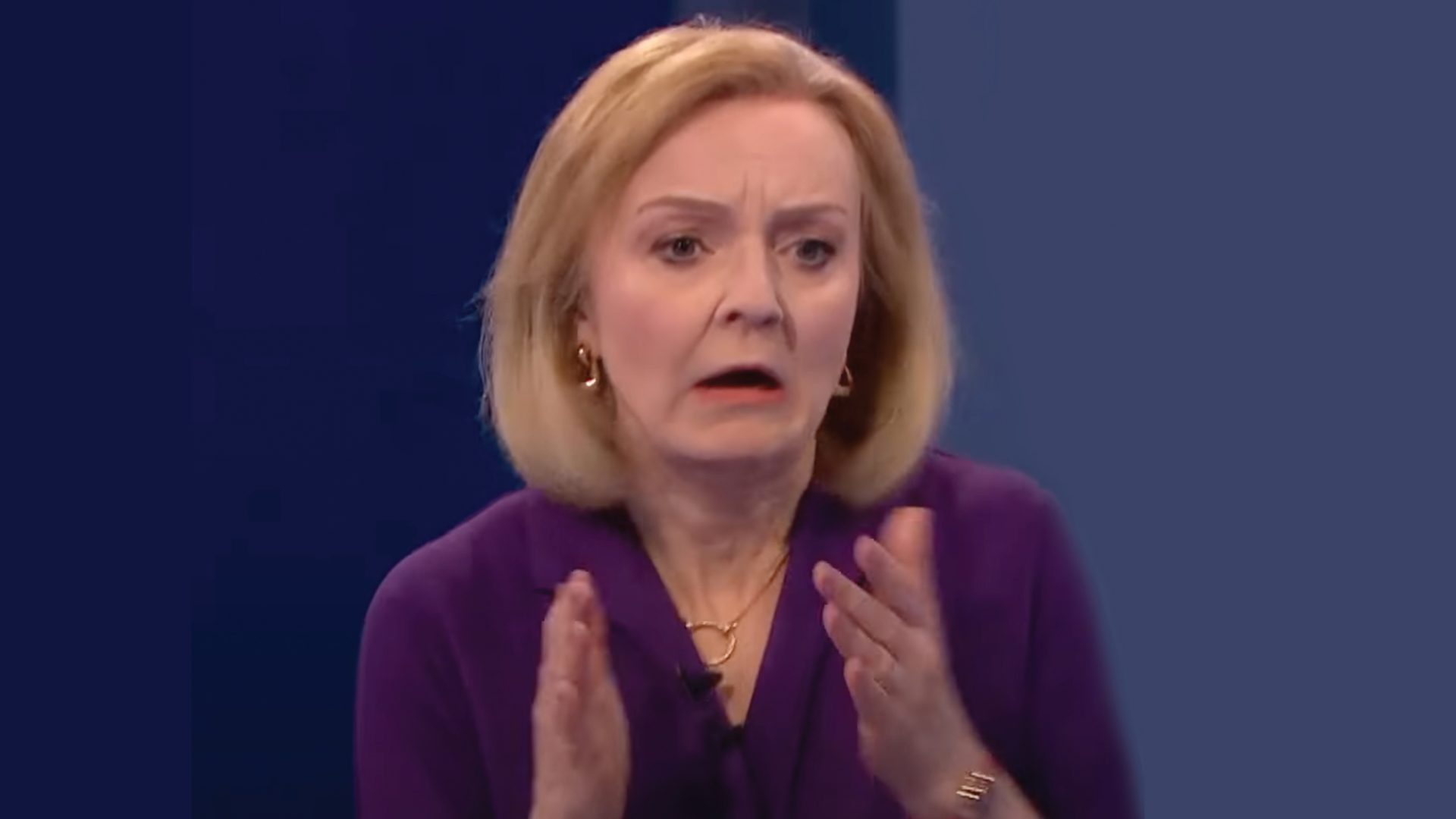When the least organised workers in the country start going on strike, you know the summer of discontent is likely to be long and hot. Workers at Cranswick Continental Foods in Bury, which produces charcuterie for major supermarket chains, walked out for two days last month over their right to take breaks amid a ramped-up production schedule.
“People are tired, exhausted, and just want to have proper breaks – drink, rest. If you want to go to the toilet you can go, if you want a sip of water you have that, but there is no proper break,” one told the Manchester Evening News.
If these were train drivers or electricians for BT, politicians would be straight on the airwaves denouncing their unions. But at Cranswick, there is no union. This was a wildcat strike, staged by working people at the end of their tether.
And they’re not alone. As Mick Lynch, general secretary of the Rail, Maritime and Transport union – took to the airwaves to defend railway workers’ right to strike, his straight-talking logic hit a nerve with workers across Britain. People who are seeing their real spending power cut by more than 10p in the pound, and wondering what they could do about it, suddenly had an answer.
The Conservative leadership contenders are vying with each other over proposals to crack down on trade unions. Liz Truss, the likely winner, has promised to legislate “within 30 days” to enforce minimum service levels in public services hit by strikes. The unions, in response, have threatened to escalate strike action.
But beyond the ritualised industrial combat, something wider is happening in the British workforce. While countries such as France impose price caps, or negotiate long-term cost-of-living packages at a national level with trade unions, millions of precarious workers here have suddenly realised they are on their own.
Though unions are weak across the private sector, and largely non-existent in the industries where the young and migrant labour force works, there is a massive skills shortage, even for jobs that need few qualifications and the briefest training. As a result, some workers are achieving inflation-matching pay increases just by moving jobs; others – especially in the high-skilled sectors – are seeing a real-terms increase of around 1.4% through one-off bonuses.
The question is: will the discontent accelerate? Lynch, among other union leaders, has called for a General Strike if Truss makes good on her threat to ban effective strike action. Others are talking about calling a day of action aimed way beyond the traditional unionised sectors, where workers facing pay cuts can come together in actions short of strikes. Meanwhile, signups to the energy non-payment campaign Don’t Pay UK are accelerating. The group wants energy consumers to cancel their direct debits en masse from October 1.
Wildcat strikes and mass non-payment campaigns are the stuff of anarchist dreams – and they happen when traditional ways of channelling discontent effectively break down. The sight of Keir Starmer distancing himself from the strikes, and sacking frontbencher Sam Tarry for appearing on picket lines, gives a sense of how broken-down those channels are.
To me, and other veteran watchers of British class discontent, it feels like something big is happening that won’t be measured either in strike days or cancelled standing orders. Since the financial crisis of 2008, British workers have faced wage stagnation. The average worker is still earning £75 a month less than they were on the day Lehman Brothers collapsed, according to the TUC. And with inflation hitting double digits, real wages are predicted to fall by 6.3% over 2022 and 2023.
If the government were stable, with a stable narrative, the divide-and-rule tactics that have beaten all previous upsurges of industrial discontent might work. But we have a zombie government until September 5 and, if Truss wins, a deeply divided Tory party in power.
Once you hear ministers who’ve been in government for 12 years start blaming the Bank of England for uncontrolled inflation, and the Treasury for economic stagnation, you know the narrative is broken.
And in the end it is narratives, not anti-union laws, that defeat industrial unrest. Margaret Thatcher beat the miners and the printers because, on each occasion, her government was able to mobilise skilled workers as organised strikebreakers. Those strikebreakers believed unions were the problem, and thought their wages and conditions would improve in the “leaner but fitter” businesses Thatcher wanted to create.
Today, while Truss promises to cut in excess of £30bn from corporation tax, as they see nurses, train drivers and teachers vilified for trying to keep their salaries in line with inflation, and as household energy bills treble, it’s hard to see the “work hard and you’ll get richer” narrative sticking.
Thatcher, in addition, had a reserve army of millions of unemployed people to call on to discipline and defeat the organised workforce – and of course a deep state unregulated by the kind of scrutiny and human rights laws we have today.
This is one reason why, no matter how many tanks she sits on top of, Truss cannot emulate Thatcher. Meanwhile the unions are nowhere near strong enough to emulate their 1970s and 1980s predecessors.
So my best guess is that the discontent will leak out into politics. Not the polite politics of Starmer at the Labour party conference, but the impolite politics expressed by folk singer Jamie Webster. “Lining their pockets with no care for how we live,” goes the chorus of his most famous song; “Things can’t stay the same, something’s gotta give.”
Webster has been rousing thousands of working-class young people to chant “Fuck the Tories” at his gigs, including at Glastonbury. Meanwhile, mixed martial arts fighter Molly McCann last month got the crowd at a packed O2 Arena to do the same chant.
So there’s a dangerous mismatch in the public mood. On the inside, the rise of the fashionable ultra-right of the Tory party has mobilised a whole new generation of celebrity hangers-on, name-dropping “Kemi, Suella, Tom and Penny” into their summer party conversations. On the outside, there are fields full of underpaid and insecure young people gleefully spitting expletives at the government, and millions of households facing fuel poverty.
I don’t think it will come to riots. I do think something like a mix between the anti-Poll Tax movement, the French Gilets Jaunes and UK Uncut movement of 2011 could be in the offing. If I’m right, a new generation of politicians will learn that there are more serious and formidable problems than a pay claim by the railway unions.




